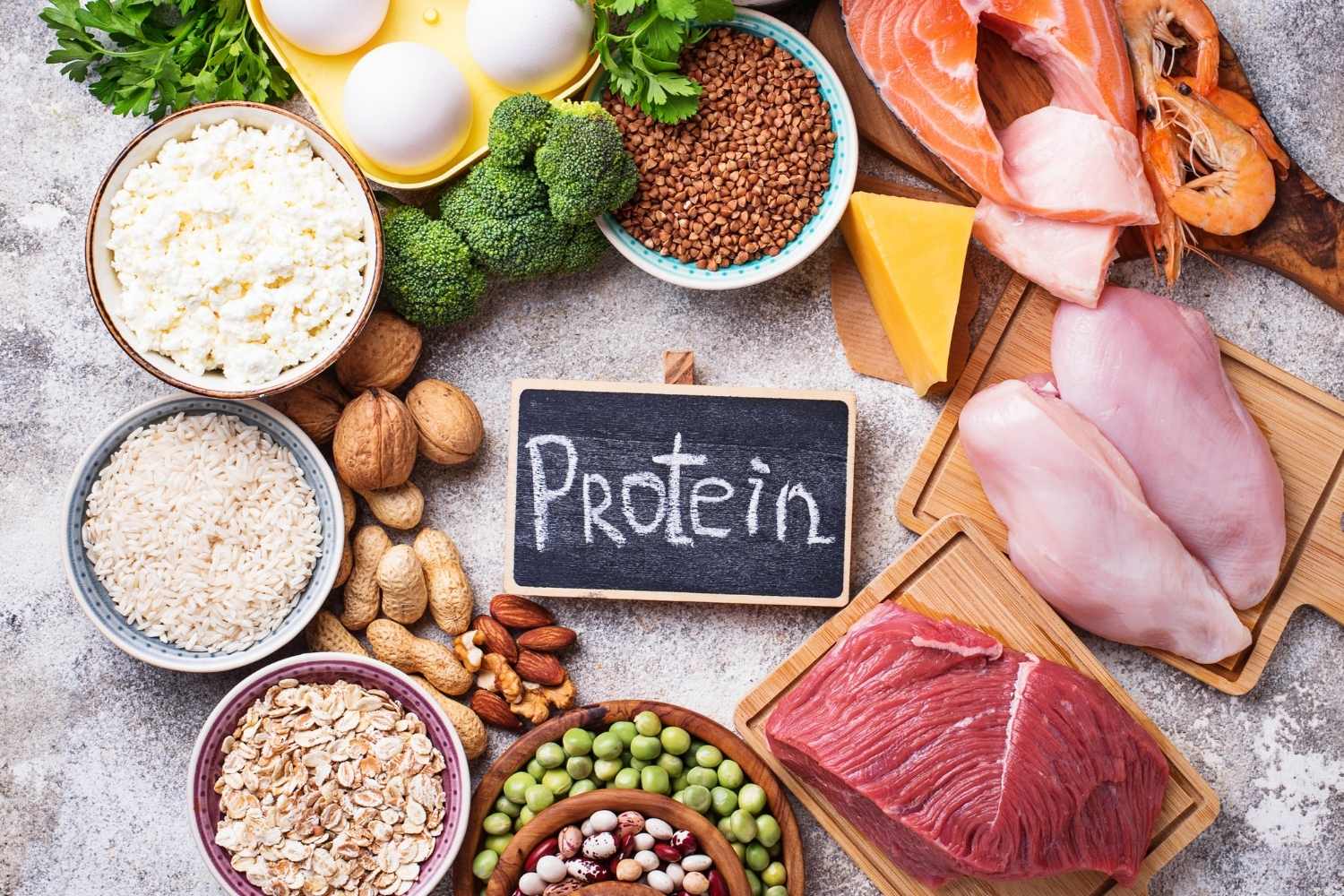An experiment that many would like to try. Find out what happens to your body when you eat only vegetables for 7 days straight.

Have you ever wondered what would happen to your body if, for seven days straight, you ditched meat, dairy, eggs—even processed foods—and relied solely on what grows from the earth? For some, it’s an extreme dietary experiment; for others, a refreshing challenge. Either way, the effects—both positive and potentially uncomfortable—kick in immediately.
Going full plant-based means cutting out all animal products and leaning on fruit, vegetables, legumes, whole grains, seeds, and nuts. Sounds simple enough. But what happens inside your body is far more complex—often surprisingly beneficial, sometimes mildly annoying.
Day 1: fiber overload and mental clarity

The first thing you feel isn’t physical—it’s mental. There’s a sense of lightness, even virtue. It’s as if your body and brain are undergoing a symbolic cleanse. Physically, though, you’re hit with more fiber than your system’s probably used to. A large salad, a bowl of lentils, maybe a kale-banana smoothie—and you’re already past the daily recommended 30 grams of fiber (1 oz).
That sudden fiber boost can backfire. For the uninitiated, it may cause bloating, gas, and digestive turbulence. Day one? Let’s call it… bumpy.
Day 2–3: metabolism wakes up, digestion evens out

By day two, your system begins to adapt. Your gut reorganizes itself, your metabolism speeds up, digestion gets easier. Soluble fiber—from apples, oats, legumes—feeds the good gut bacteria and sparks a beneficial fermentation process.
According to a Nature study, a plant-based diet can shift your gut microbiota in just 48 hours, favoring anti-inflammatory bacterial species.
People often report feeling lighter, sleeping better, and being less weighed down. There’s no magic—just physiology: when you cut saturated fats and complex animal proteins, your liver and gut get to take a breather.
Day 4–5: glowing skin and stable energy

Midweek brings visible changes. Your skin glows, acne may clear or ease. That’s thanks to both ditching dairy—often linked to skin issues—and ramping up antioxidants from fruits and veggies.
Hydrating foods like cucumbers, zucchini, spinach, and tomatoes boost internal hydration, helping the kidneys and reducing water retention. Most noticeably, your energy becomes more stable—no more mid-afternoon crashes.
Why? It’s the combo of a lower glycemic index and the slow, steady sugar release from whole grains and legumes.
A study in Frontiers in Nutrition supports this: plant-based diets enhance energy, reduce chronic fatigue, and improve sleep quality.
Day 6: watch out for protein gaps

Things may start to wobble by day six—if you haven’t been eating smart. You might notice muscle fatigue, slight weakness, or trouble focusing.
That’s what happens when your diet lacks sufficient plant protein sources like lentils, tofu, tempeh, seitan, or the right combos of grains and seeds.
Just eating vegetables isn’t enough. A well-planned plant-based diet should deliver at least 50–60 grams (1.7–2.1 oz) of protein daily. Without that, your body may begin breaking down lean muscle mass, which slows down your metabolism.
Day 7: clearer mind, cleaner body

By the final day, you feel different. Not necessarily because you’ve lost weight—any drop is mostly water, not fat—but because you feel internally “clean.” Your mind? Also clearer.
This clarity likely stems from reduced systemic inflammation and improved blood sugar balance. Multiple studies show that plant-based diets lower inflammation markers and improve both mood and brain function.
A study out of Australia even linked plant-heavy eating to lower rates of anxiety and depression.
A food experiment that shifts your mindset
Seven days won’t overhaul your long-term health, but it’s enough to start a shift in awareness. You begin reading labels more carefully, cooking more creatively, and listening to your body more attentively.
Returning to your usual diet afterward often reveals dormant sensitivities. Milk might feel heavier, salty or ultra-processed foods may suddenly taste off. That’s when you realize: something real changed during those seven days.
Is it worth it?
Yes—if you do it smartly. A week of eating only plant-based can help reset your system, expand your palate, reduce inflammation, and support gut health. But it’s not just about stuffing your face with salad.
Your body still needs complete nutrients, even from plants. That means including chickpeas, hemp seeds, quinoa, and unsweetened soy milk, not just carrots and cabbage.
With curiosity, common sense, and maybe some guidance from a doctor or nutritionist, this one-week experiment can leave a lasting impact.
